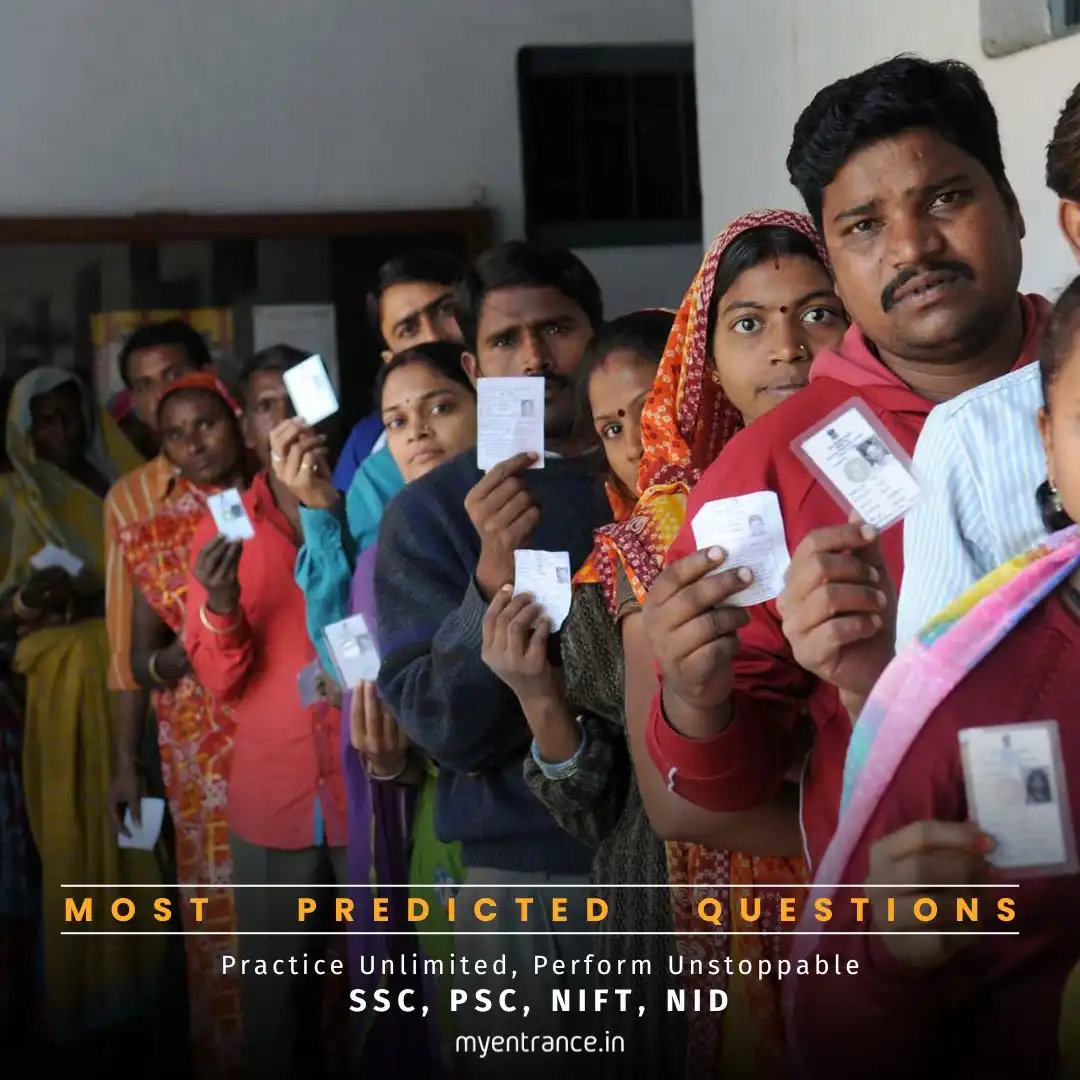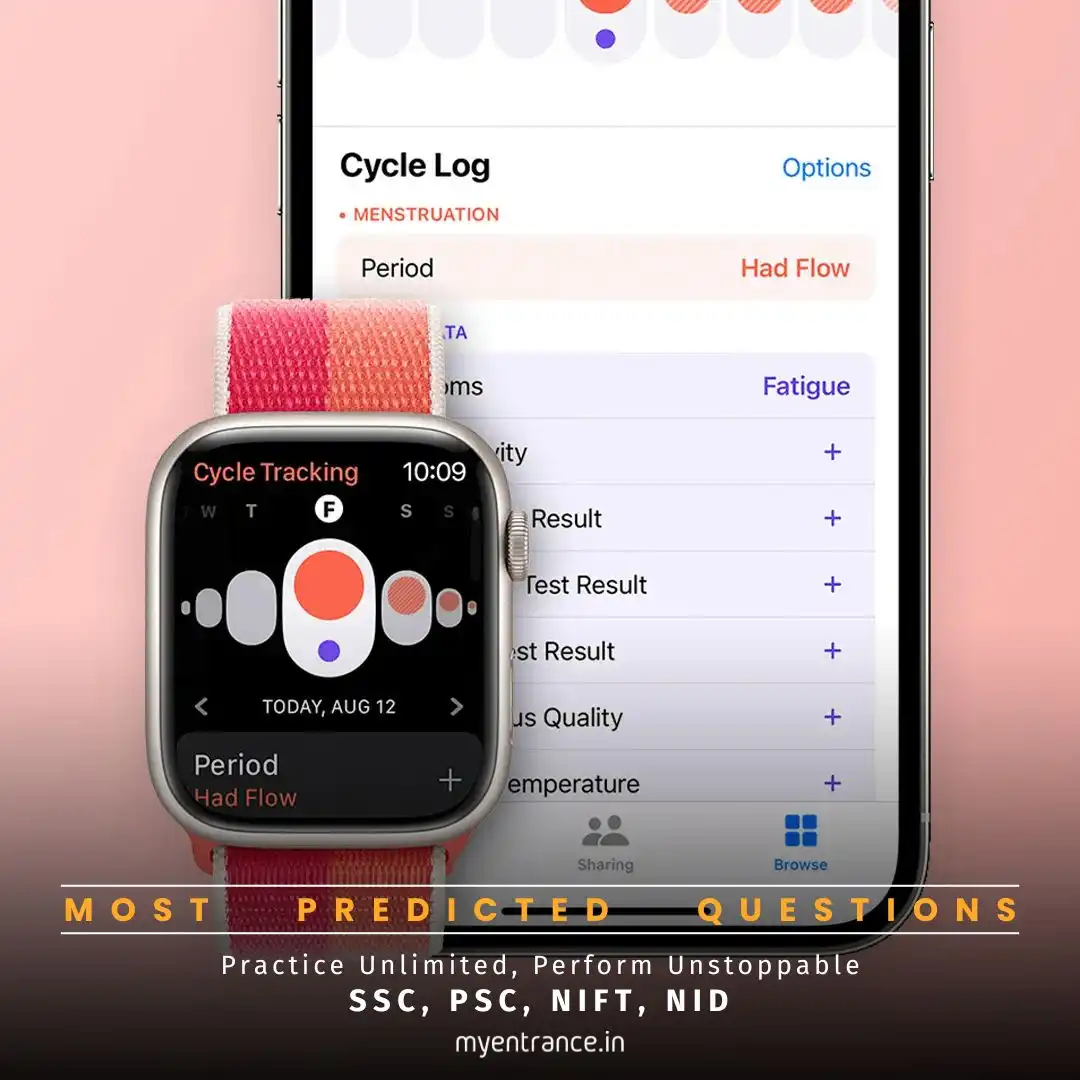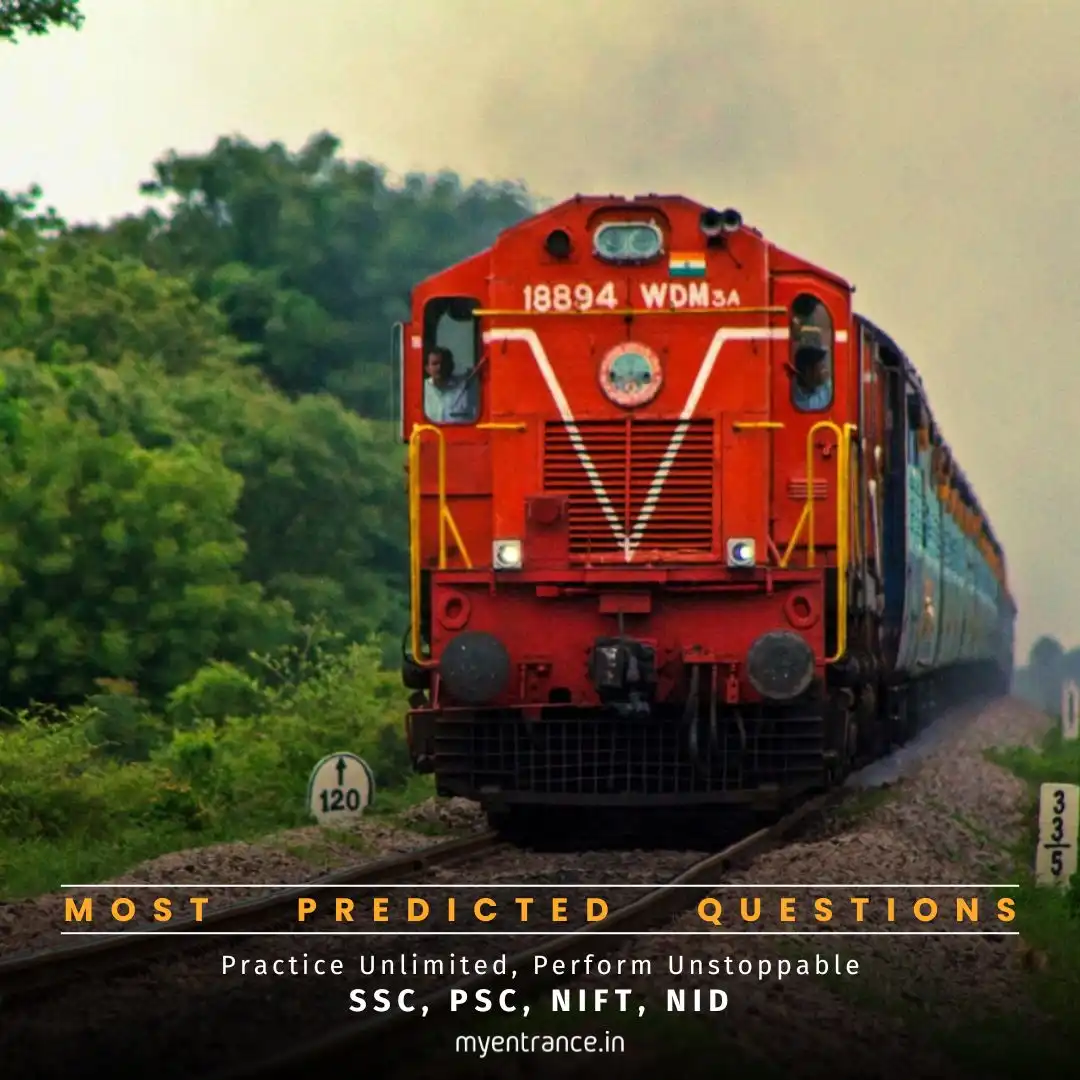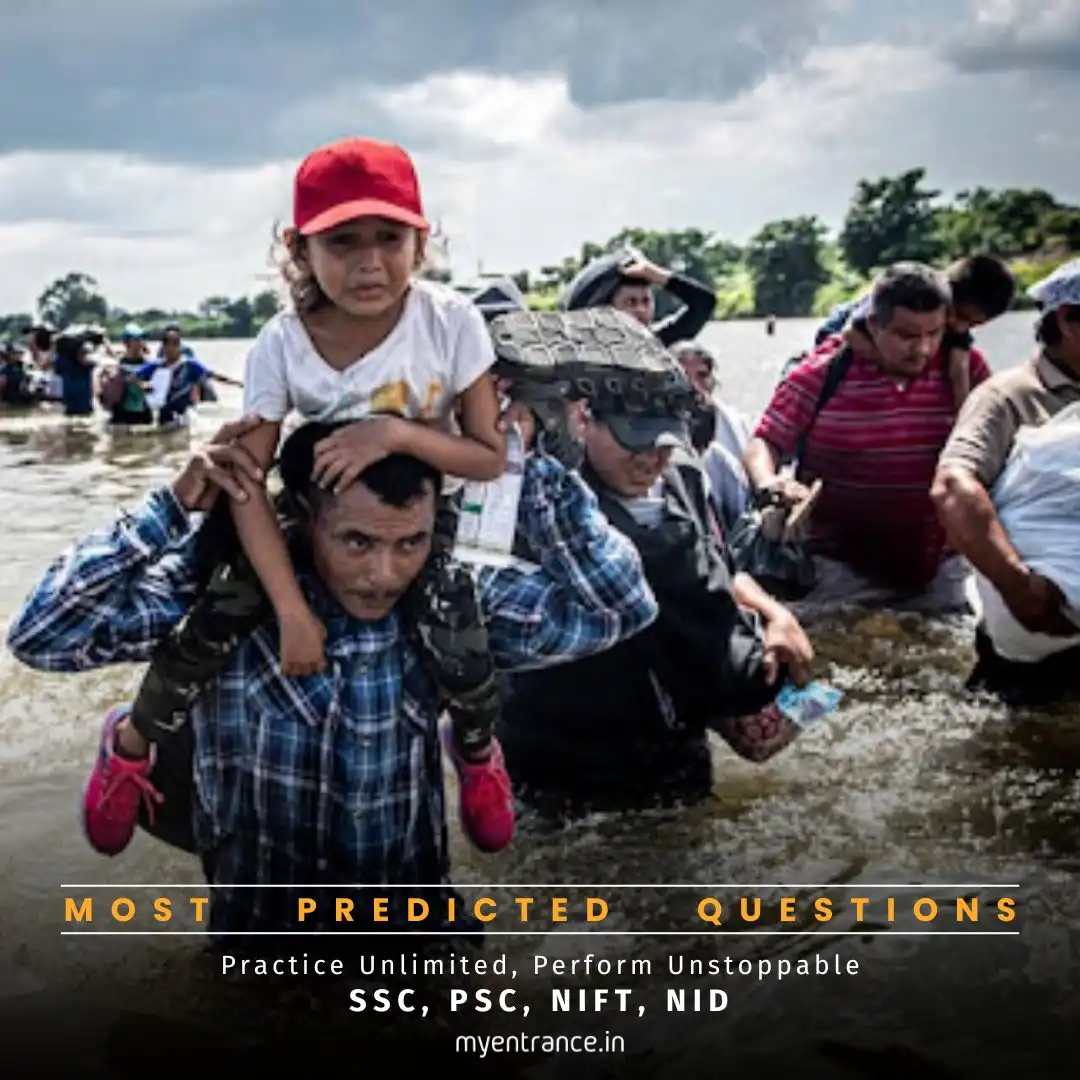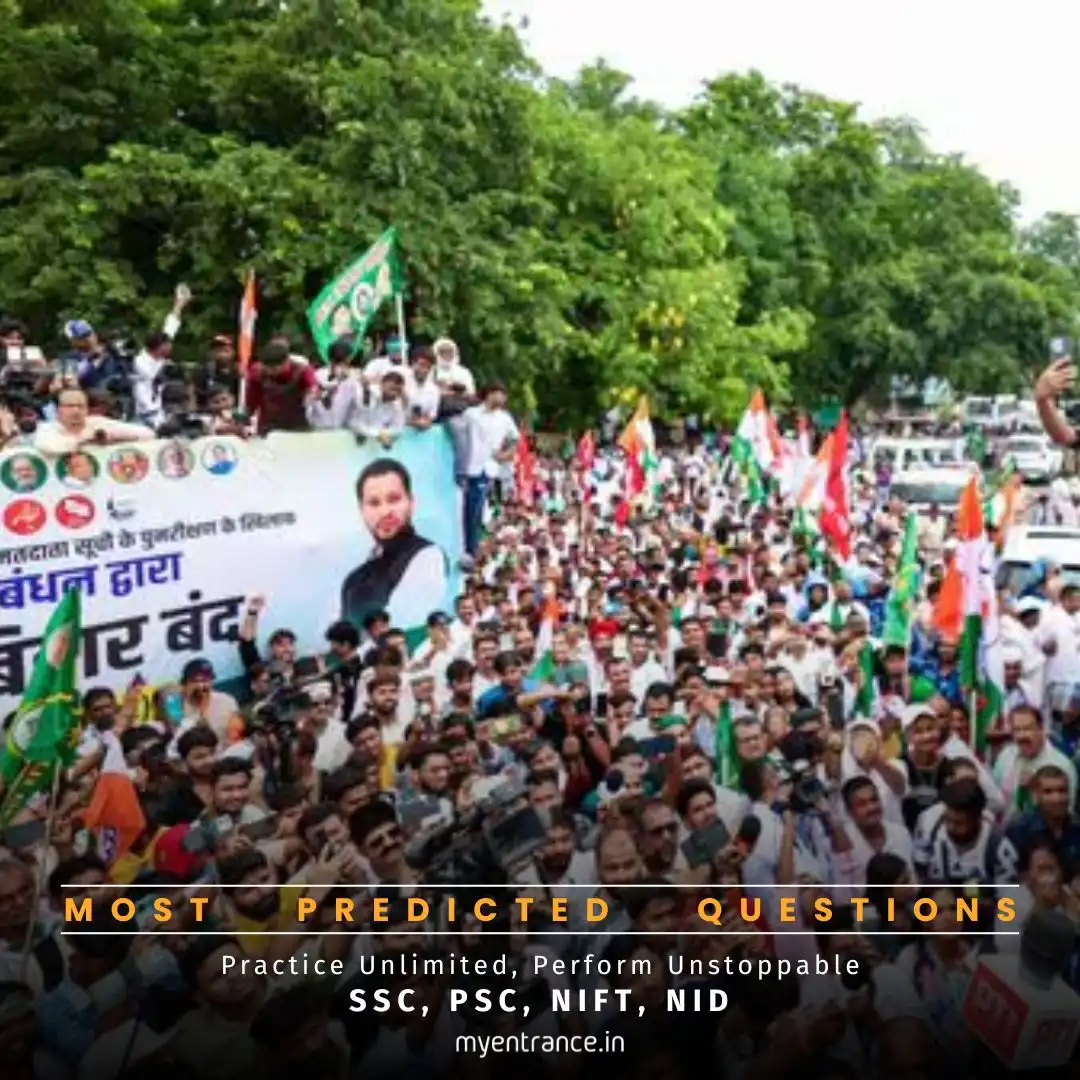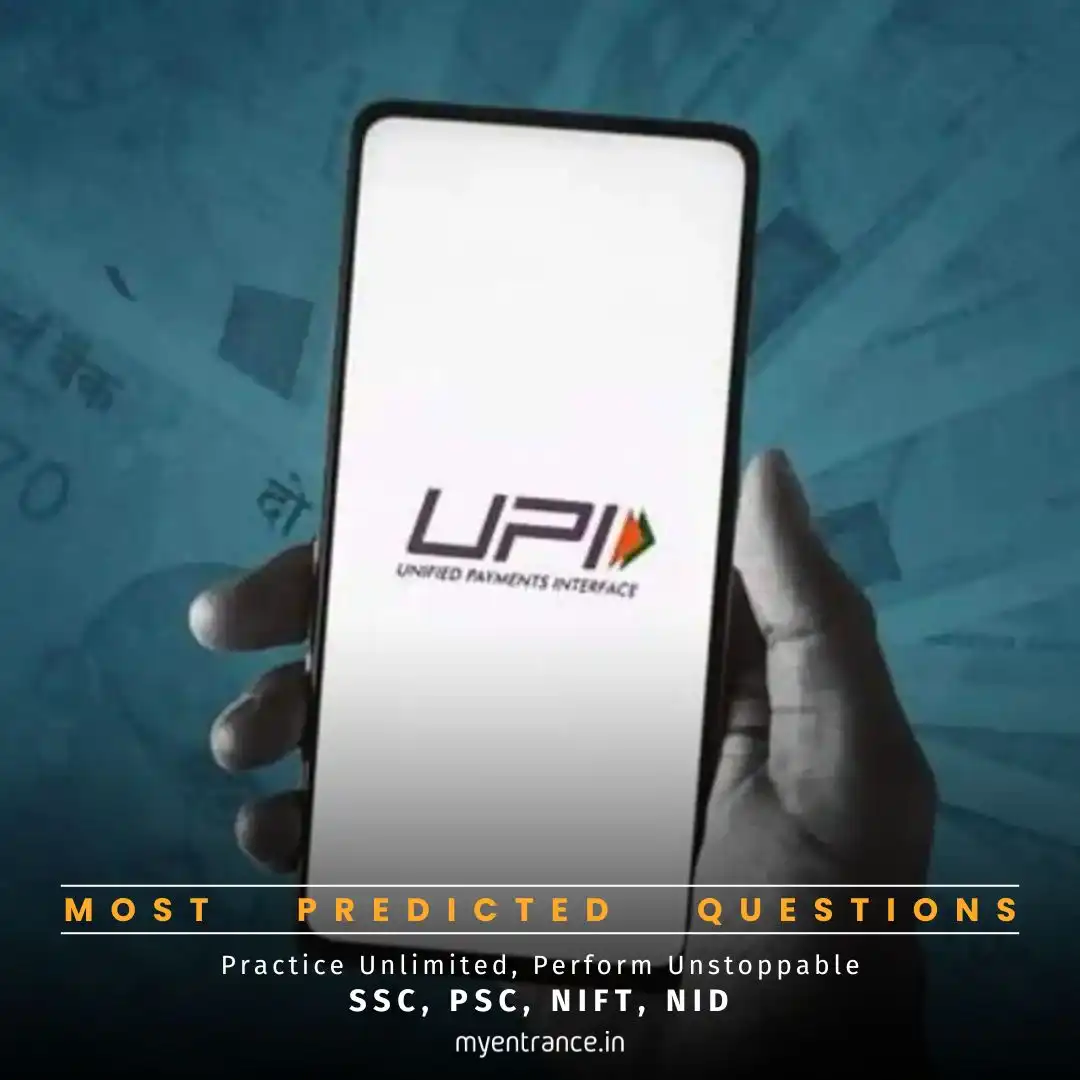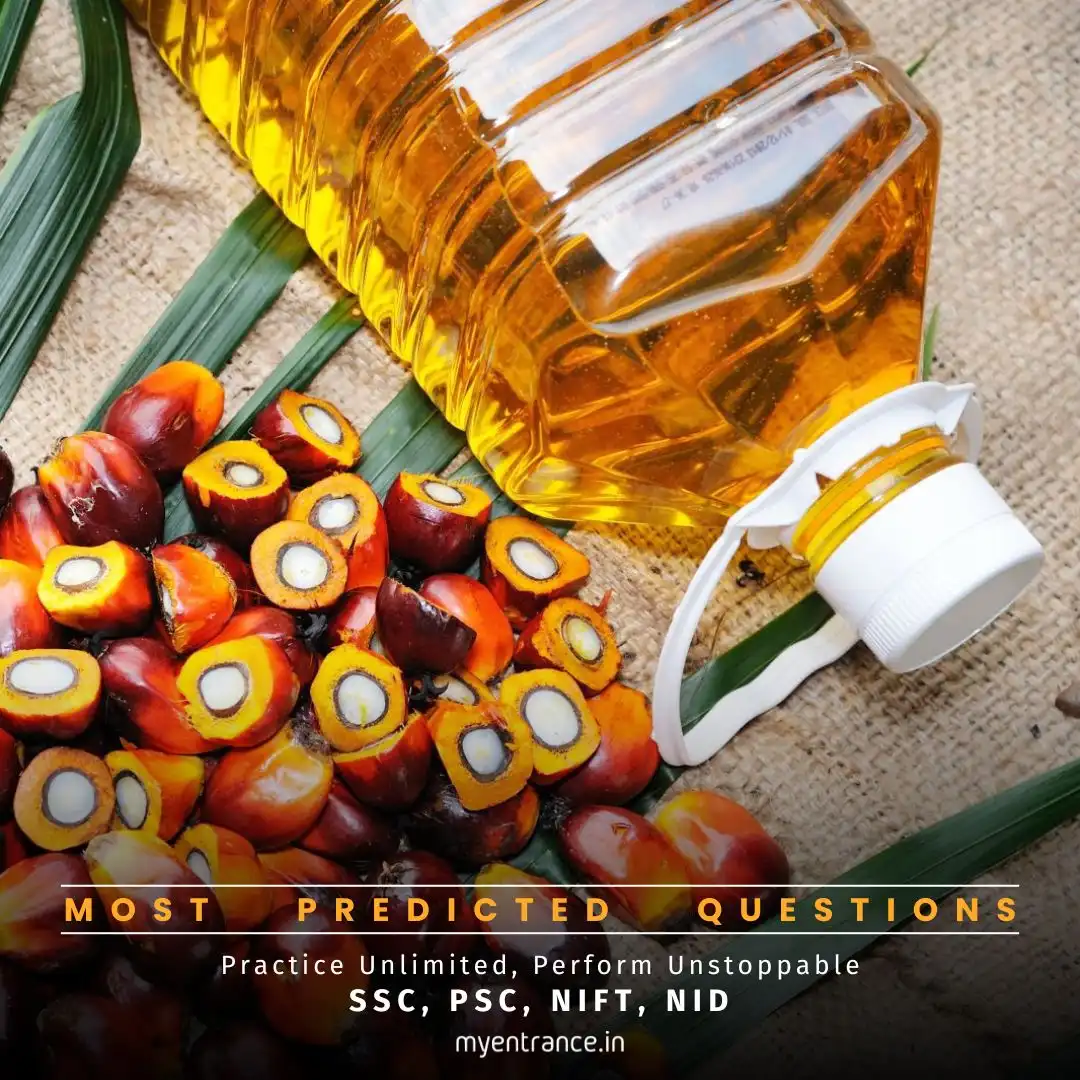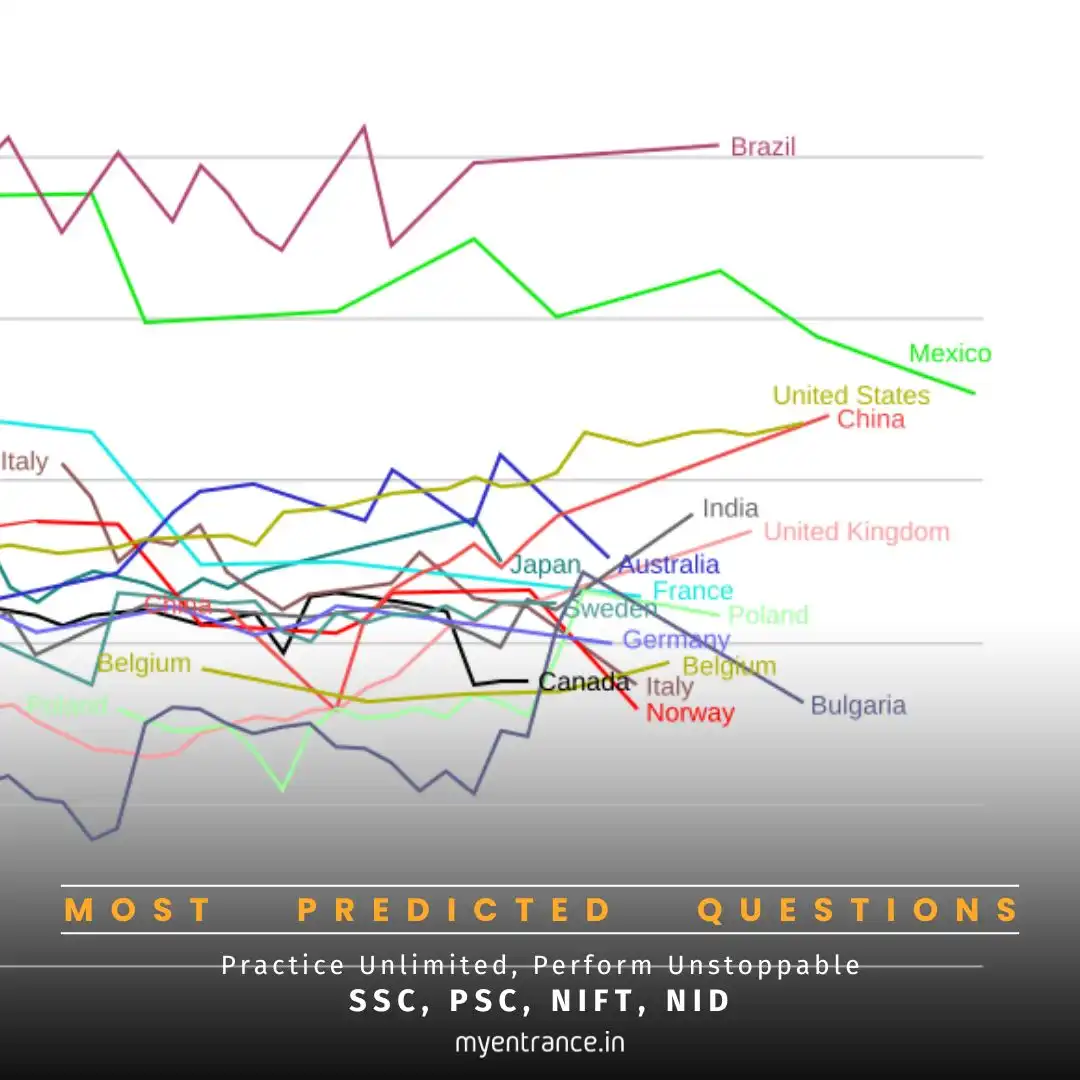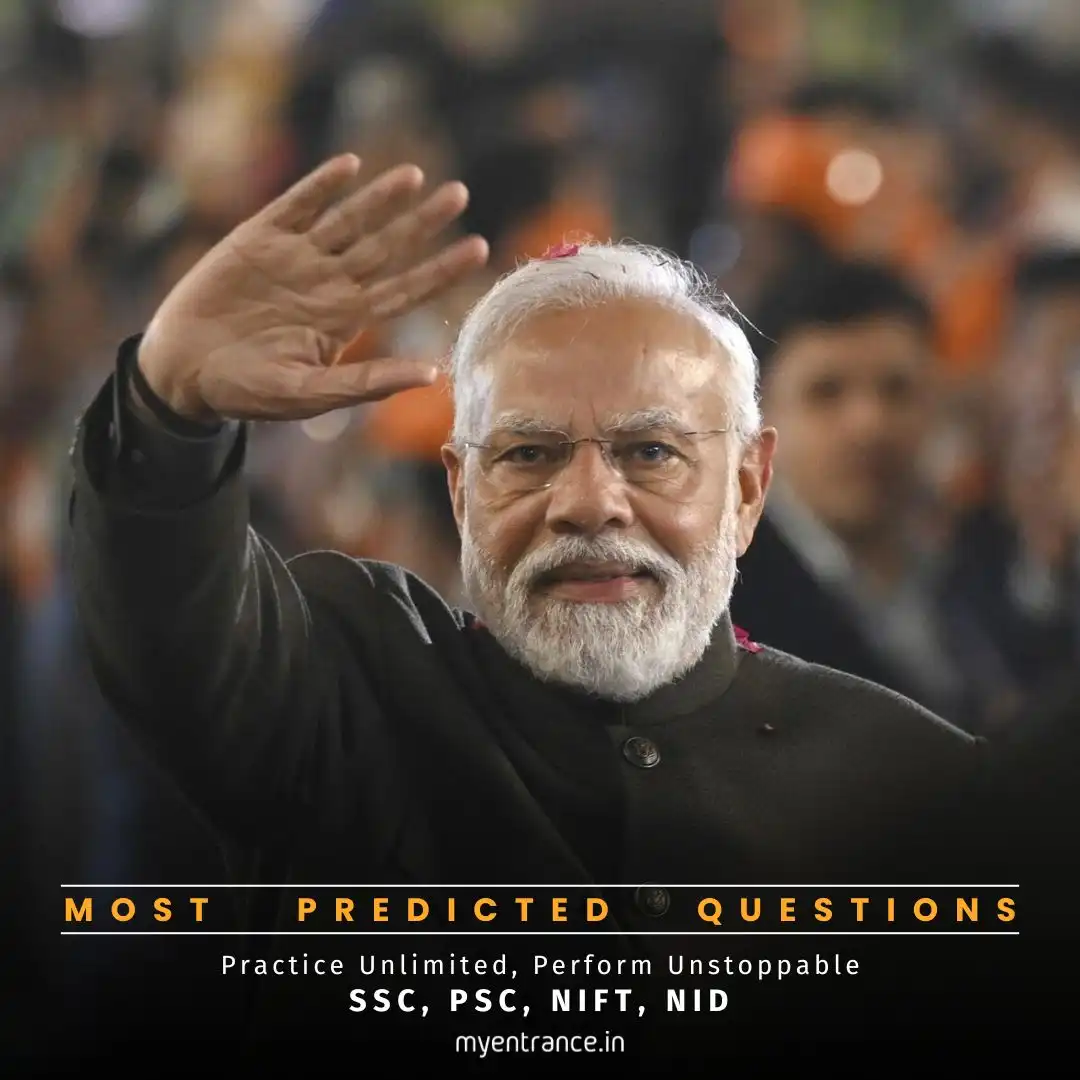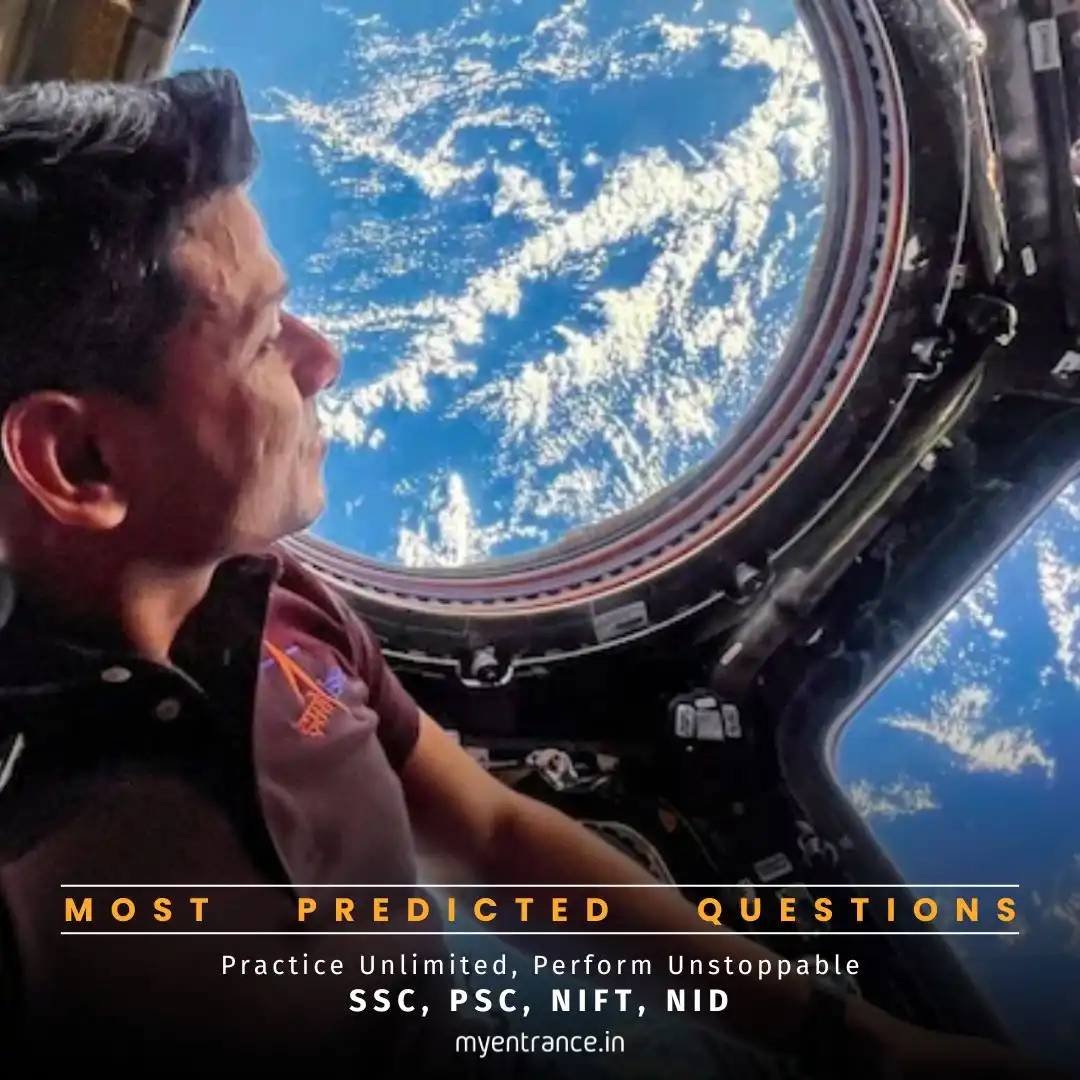Select Language
Why Are Thousands of Indian Babies Dying from RSV? The Silent Epidemic
RSV (Respiratory Syncytial Virus) isn’t just a seasonal cold—it’s a deadly threat to infants, causing severe respiratory infections and claiming thousands of young lives annually in India. Despite being preventable, low awareness and delayed diagnosis worsen the crisis. Here’s why urgent immunisation is critical.
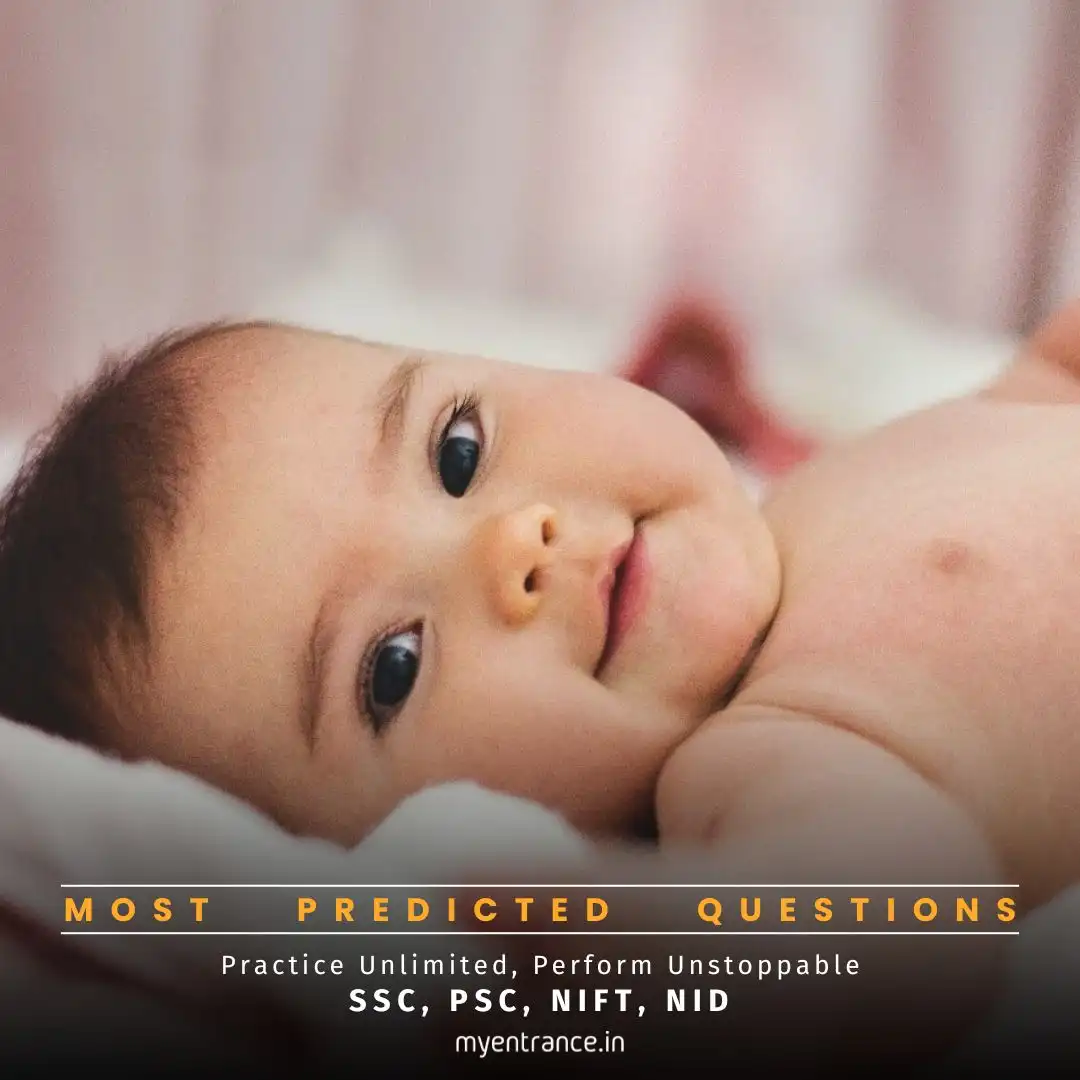
Why RSV Is a Major Threat to Indian Infants
Highly Contagious: Spreads through coughs, sneezes, and contaminated surfaces.
Rapid Progression: Starts like a cold but can escalate to bronchiolitis or pneumonia within days.
No Prior Risk Needed: 80% of hospitalized infants under two have no underlying conditions.
Underdiagnosed in India: Lack of testing and awareness leads to delayed treatment.
The Alarming Statistics
Global Impact: RSV causes 3.6 million hospitalizations and 100,000 deaths yearly in children under five.
India’s Burden: With 25 million births annually, even a small infection rate leads to massive casualties.
Recent Outbreaks: Cities like Kolkata, Mumbai, and Bengaluru reported 2,360 infant deaths in 2024 alone—likely an underestimate.
Why Is RSV So Underdiagnosed?
Misdiagnosed as a Cold: Parents and doctors often overlook early symptoms.
Limited Testing: Testing usually happens only during severe outbreaks.
Lack of Awareness: Many healthcare providers don’t prioritize RSV screening.
Prevention: The Role of Immunisation
Monoclonal Antibodies (mAbs):
Palivizumab: Monthly doses for high-risk infants.
Nirsevimab: A single-dose, long-acting antibody now available in India.
Maternal Vaccination:
Abrysvo® (WHO-recommended) given in pregnancy weeks 32–36 protects newborns.
Global Recommendations:
CDC advises RSV vaccines for seniors (60+) and pregnant women.
WHO urges India to adopt immunisation to cut infant deaths.
Why India Needs Immediate Action
High Birth Rate = High Risk: Without prevention, even a 1% severe RSV rate means 250,000 critical cases yearly.
Limited Healthcare Access: Rural areas lack diagnostics and treatment options.
No National RSV Program: Unlike the West, India lacks structured immunisation policies.
Sample Questions & Answers (For Competitive Exams)
Q: What is the leading cause of infant respiratory hospitalizations globally?
A: Respiratory Syncytial Virus (RSV).
Q: How does RSV primarily spread?
A: Through respiratory droplets and contaminated surfaces.
Q: Name a long-acting monoclonal antibody for RSV prevention.
A: Nirsevimab (single-dose protection).
Q: What WHO-recommended vaccine protects newborns via maternal immunisation?
A: Abrysvo® (given in pregnancy weeks 32–36).
Q: Why is RSV underdiagnosed in India?
A: Lack of awareness, limited testing, and misdiagnosis as a cold.
Why This Matters for Exams (SSC, PSC, Medical Entrances)
Health & Medicine: RSV is a key topic in pediatrics and virology.
Current Affairs: Recent outbreaks and WHO/CDC guidelines are crucial for competitive exams.
Policy Discussions: Questions on public health strategies (e.g., immunisation programs) often appear.
Final Takeaway
RSV is a preventable tragedy. With new vaccines and antibodies, India can save thousands of infants—but only if awareness grows and policies change. Will the next generation be protected?
Get 3 Months Free Access for SSC, PSC, NIFT & NID
Boost your exam prep!
Use offer code WELCOME28 to get 3 months free subscription. Start preparing today!
